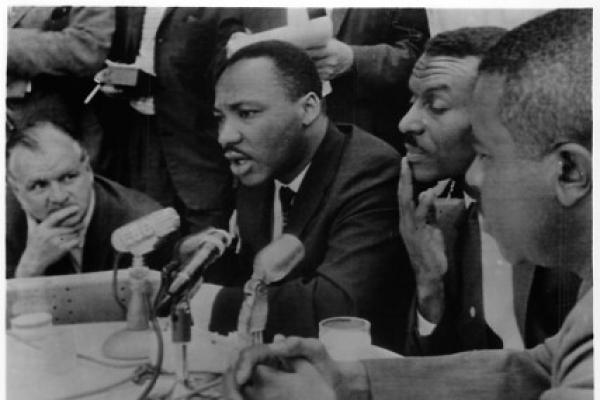Jan 16, 2014
The nation will mark the birthday of the Rev. Martin Luther King Jr. on Monday with speeches, prayers, and volunteer service.
But for decades, retired United Methodist Bishop Woodie W. White has marked the holiday in a more personal way: He writes a “birthday letter” to the civil rights leader who was killed in 1968.
“It was a way to get kind of a year’s assessment on what the nation was accomplishing and not accomplishing in the area of race,” said White, a bishop-in-residence at Emory University’s Candler School of Theology for the last decade.
“I did it because, frankly, I needed to have perspective. I needed to not get discouraged, and I needed it to be affirming of progress in race which had taken place over the course of a year.”
Read the Full Article

Already a subscriber? Login
